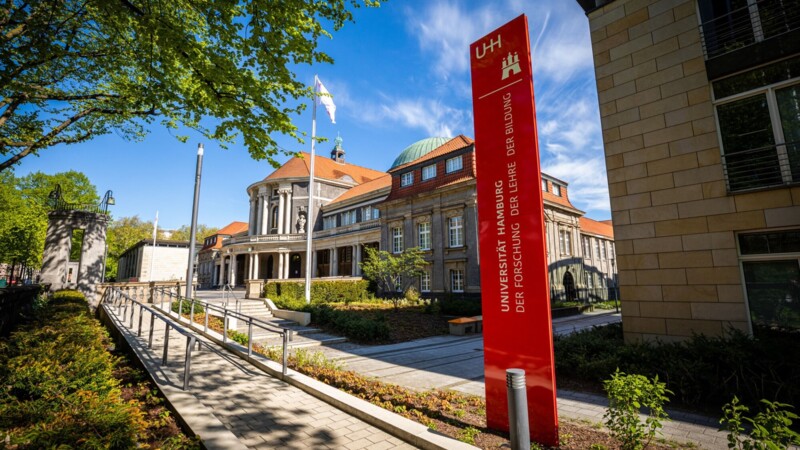"Many young people find it very difficult to decide what they want to do later in life - partly because social changes are so dynamic and associated with great uncertainty," said Prof Dr Kira Weber, head of the project at UHH. Together with her team, she will analyse existing structures at German schools and identify best practice examples to improve career guidance. The project should boost teacher training and an app will be developed to make scientific findings easily accessible.
The German government and those of the 16 states have launched the "Startchancen" scheme to ease the transition from school to work. A total of EUR 100 million has been earmarked of which EUR 600,000 will go to the University of Hamburg. The focus is on schools with a high proportion of socially-disadvantaged pupils. Co-ordinated by the Leibniz Institute for Research and Information in Education (DIPF), the scheme will be monitored to improve the quality of schools based on data and to strengthen multi-professional collaboration. To this end, five competence centres will be available for the federal states as well as for individual schools and teachers. Some 19 institutions will input their scientific expertise.
UHH to strengthen career guidance with research
Milestone for "Startchancen" scheme
The German and state governments have earmarked EUR 20 billion for the scheme, which launched in 2024/25 and will run for the next ten years. Hopes are now high that fairer educational opportunities will gradually emerge and that the federal states will intensify their collaboration on all levels. The scientific monitoring marks another milestone. Bettina Stark-Watzinger, German Minister for Education, added: "We want to continuously involve scientific expertise from the start to achieve the greatest possible impact."
fw/kk/pb
Sources and further information
More
Similar articles

Hamburg comes third in Education Monitor 2024

Many young people can imagine starting a business

